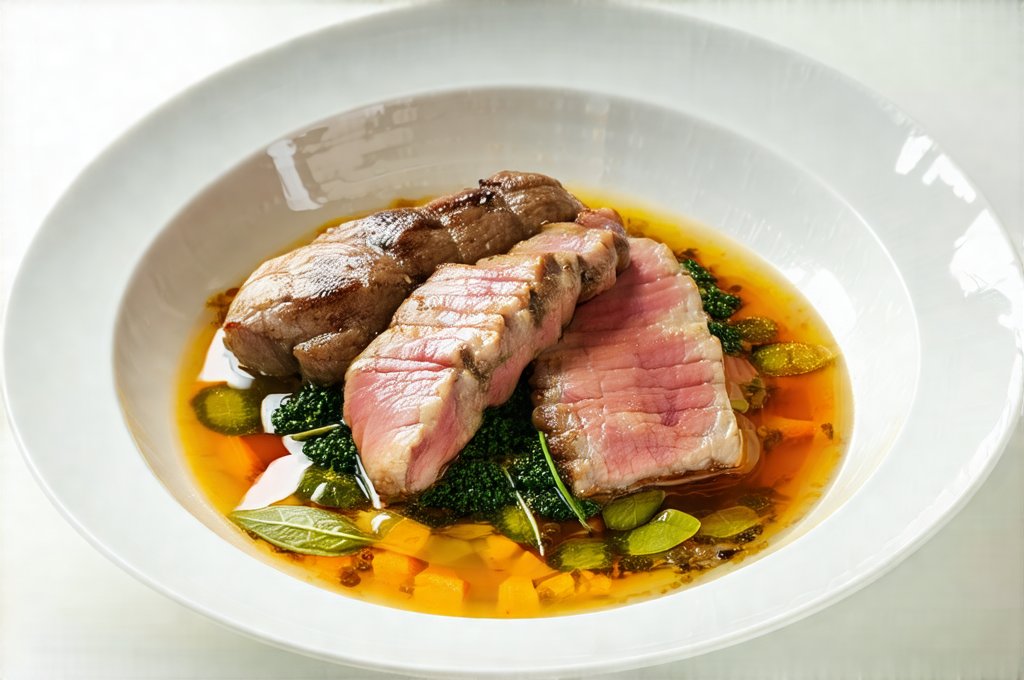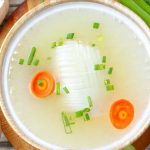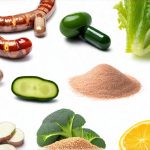Travel, even the most enjoyable trips, can disrupt our digestive systems. The change in routine, different foods, varying water sources, and altered sleep patterns all contribute to potential gut imbalances. Similarly, illness—whether a viral infection, bacterial issue, or simply a strong cold—often takes a toll on our digestive health. When our gut is struggling, it impacts far more than just digestion; it affects energy levels, mood, immunity, and overall well-being. Rebuilding a healthy gut isn’t about restrictive diets or complicated regimes – it’s about nourishing your body with easily digestible foods that support natural healing processes. You may need to support gut healing after illness for a while, so be patient.
Many people experience symptoms like bloating, gas, diarrhea, constipation, or nausea after travel or illness. These aren’t just inconveniences; they signal that the delicate ecosystem of the gut microbiome has been disturbed. The goal isn’t necessarily to “fix” the gut immediately but rather to support its natural recovery by reducing irritation and providing building blocks for repair. This means prioritizing gentle, nutrient-dense meals that are easy on the digestive system while avoiding foods known to exacerbate symptoms. Focusing on whole, unprocessed foods is paramount during this time, allowing your gut to rest and rebuild. Sometimes you’ll need to soothe the gut after trigger meals as well.
The Foundation: Easily Digestible Foods
The cornerstone of gentle gut healing lies in choosing foods that require minimal effort from a stressed digestive system. This isn’t about deprivation; it’s about strategic choices. Think easily digestible rather than restrictive. Foods rich in easily absorbed nutrients are ideal, as they provide the building blocks for repair without causing further inflammation or discomfort. A good starting point is to consider foods that have been traditionally used to soothe digestive upset across cultures – many share common threads. It’s important to remember can gut healing take months or years depending on the severity of the issue.
One key principle is reducing fiber intake initially. While generally beneficial, high-fiber foods can be difficult to digest when your gut is sensitive. Gradually reintroduce fiber as tolerance improves. Prioritize cooked vegetables over raw ones, as cooking breaks down some of the complex carbohydrates that can cause gas and bloating. Lean proteins are also easier to process than fatty meats, and fermented foods – in small amounts if tolerated – can help repopulate beneficial bacteria.
Hydration is absolutely crucial. Water helps move things along gently and supports the overall healing process. Herbal teas, like ginger or chamomile, can further soothe the digestive tract. Remember that individual tolerances vary greatly; what works well for one person may not work for another. Listening to your body’s signals is paramount during this phase of recovery.
Soothing Soups & Broths
Soups and broths are arguably the most gentle way to nourish a recovering gut. They offer hydration, essential nutrients, and are incredibly easy to digest. Bone broth, in particular, is rich in collagen and amino acids that can help repair the gut lining – although it’s important to note this benefit isn’t definitively proven scientifically but has strong traditional support.
- Chicken soup, a classic for a reason, provides gentle protein and easily digestible vegetables.
- Vegetable broths made with carrots, celery, onions, and zucchini are equally beneficial.
- Miso soup (using gluten-free miso paste) offers probiotics in a readily absorbable form if tolerated – start with very small amounts.
To prepare a gut-soothing broth: 1) Simmer bones or vegetables for several hours to extract maximum nutrients. 2) Strain the broth and season lightly with salt and herbs like ginger or turmeric. 3) Avoid adding strong spices or excessive oil. A simple, clear broth allows the gut to rest while still receiving vital nourishment. Don’t sit in a reclined position after enjoying your meal!
The Power of Cooked Vegetables
Raw vegetables can be fantastic for a healthy gut, but when healing from travel or illness, cooked vegetables are far more easily tolerated. Cooking softens the fibers and breaks down some of the complex carbohydrates that can cause digestive distress. Steaming, boiling, or gentle roasting are preferred methods to preserve nutrients without adding excess fat.
- Carrots, zucchini, squash, and sweet potatoes are excellent choices as they are naturally lower in FODMAPs (fermentable oligosaccharides, disaccharides, monosaccharides, and polyols) – a group of carbohydrates that can trigger symptoms in sensitive individuals.
- Green beans and spinach, when cooked thoroughly, can also be well tolerated.
- Avoid cruciferous vegetables like broccoli or cauliflower initially as they are more likely to cause gas.
Remember portion control. Even easily digestible foods can cause discomfort if consumed in large quantities. Start with small portions and gradually increase as tolerance improves. The goal is to provide nourishment without overwhelming the digestive system. Gentle movement may also help!
Reintroducing Fermented Foods Carefully
Fermented foods like yogurt, kefir, sauerkraut, and kimchi are known for their probiotic content – beneficial bacteria that support gut health. However, timing is crucial when reintroducing them after travel or illness. For some, they can be incredibly helpful in repopulating the gut microbiome, but for others, they may exacerbate symptoms.
- Start with very small amounts—a teaspoon of sauerkraut or a tablespoon of yogurt—and observe how your body responds.
- Choose plain, unsweetened yogurt and kefir. Avoid products with added sugars or artificial sweeteners.
- If you experience bloating, gas, or diarrhea after consuming fermented foods, discontinue use temporarily and reintroduce them later in smaller quantities.
- Consider water kefir as a gentler alternative to dairy-based kefir.
The key takeaway is that gut healing isn’t about following a rigid set of rules; it’s about listening to your body, making mindful food choices, and prioritizing gentle nourishment. It is also important to remember this information is for general knowledge purposes only and does not constitute medical advice. If you have serious or persistent digestive issues, please consult with a healthcare professional. Don’t lie down after meals either!


















